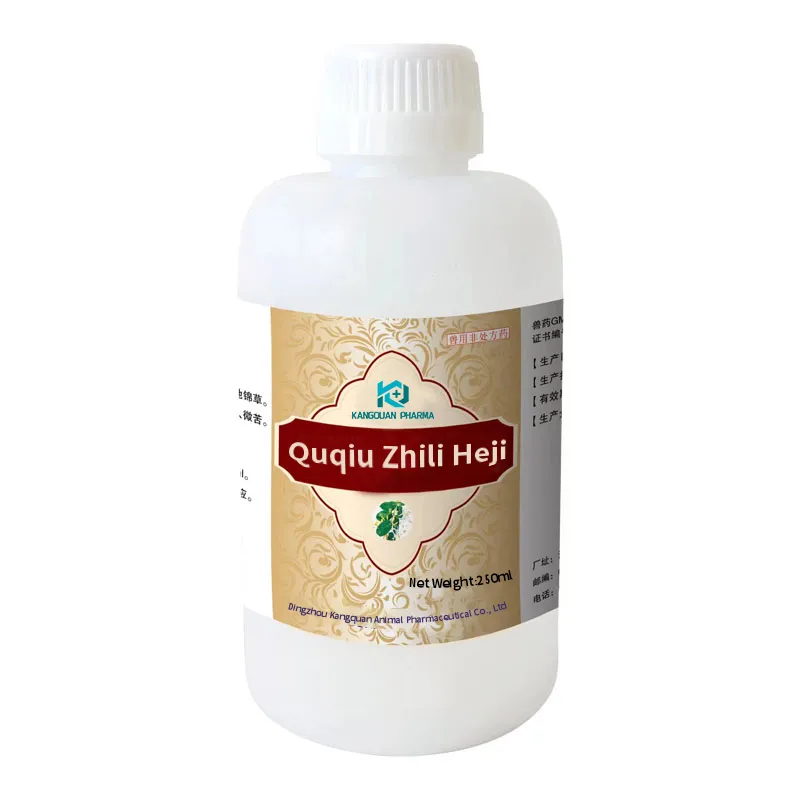- Afrikaans
- Albanian
- Amharic
- Arabic
- Armenian
- Azerbaijani
- Basque
- Belarusian
- Bengali
- Bosnian
- Bulgarian
- Catalan
- Cebuano
- Corsican
- Croatian
- Czech
- Danish
- Dutch
- English
- Esperanto
- Estonian
- Finnish
- French
- Frisian
- Galician
- Georgian
- German
- Greek
- Gujarati
- Haitian Creole
- hausa
- hawaiian
- Hebrew
- Hindi
- Miao
- Hungarian
- Icelandic
- igbo
- Indonesian
- irish
- Italian
- Japanese
- Javanese
- Kannada
- kazakh
- Khmer
- Rwandese
- Korean
- Kurdish
- Kyrgyz
- Lao
- Latin
- Latvian
- Lithuanian
- Luxembourgish
- Macedonian
- Malgashi
- Malay
- Malayalam
- Maltese
- Maori
- Marathi
- Mongolian
- Myanmar
- Nepali
- Norwegian
- Norwegian
- Occitan
- Pashto
- Persian
- Polish
- Portuguese
- Punjabi
- Romanian
- Russian
- Samoan
- Scottish Gaelic
- Serbian
- Sesotho
- Shona
- Sindhi
- Sinhala
- Slovak
- Slovenian
- Somali
- Spanish
- Sundanese
- Swahili
- Swedish
- Tagalog
- Tajik
- Tamil
- Tatar
- Telugu
- Thai
- Turkish
- Turkmen
- Ukrainian
- Urdu
- Uighur
- Uzbek
- Vietnamese
- Welsh
- Bantu
- Yiddish
- Yoruba
- Zulu
10 月 . 13, 2024 09:24 Back to list
Tylosin Tartrate Injection for Veterinary Use and Its Applications in Animal Health
Tylosin Tartrate Injection in Veterinary Medicine
Tylosin tartrate injection is a potent antibiotic commonly used in veterinary medicine to treat various infections in livestock and companion animals. As a member of the macrolide class of antibiotics, tylosin is particularly effective against Gram-positive bacteria and certain Gram-negative bacteria, making it a critical tool in maintaining animal health.
Mechanism of Action
Tylosin works by inhibiting bacterial protein synthesis. It binds to the 50S ribosomal subunit of susceptible bacteria, thereby preventing them from synthesizing essential proteins needed for growth and reproduction. This action not only helps in controlling existing infections but also plays a role in preventing potential outbreaks in animal populations. The drug’s efficacy against respiratory pathogens, enteric pathogens, and skin infections makes it invaluable for veterinarians.
Indications and Uses
Tylosin tartrate is indicated for the treatment of various diseases in animals. It is primarily used to address respiratory, gastrointestinal, and soft tissue infections, particularly in species such as swine, cattle, sheep, and poultry. Its effectiveness in combating conditions such as pneumonia, swine dysentery, and necrotic enteritis has made tylosin a staple in livestock management.
In companion animals, particularly dogs and cats, tylosin is occasionally used for treating gastrointestinal issues, including inflammatory bowel disease. The antibiotic has been noted for its ability to reduce inflammatory responses in the gut, providing relief for affected animals.
Administration and Dosage
The injection form of tylosin tartrate allows for quick absorption and a swift therapeutic response. Depending on the species being treated, the dosage may vary. Commonly, veterinarians administer tylosin intramuscularly or intravenously, following the recommended dosage guidelines. It is crucial for veterinarians to assess the health status, age, and weight of the animal to determine the appropriate dose. Tight adherence to dosage guidelines is essential to minimize the risk of side effects and ensure the effectiveness of the treatment.
tylosin tartrate injection veterinary

Safety and Side Effects
While tylosin is generally well-tolerated, it is essential to monitor animals for potential side effects. Some reported side effects include gastrointestinal disturbances, such as diarrhea or vomiting. In certain situations, allergic reactions may occur, although these are rare. Care should be taken when using tylosin in animals that have known hypersensitivity to macrolide antibiotics.
One significant consideration when using tylosin is its potential impact on developing antibiotic resistance. The misuse or overuse of antibiotics in veterinary medicine can contribute to the emergence of resistant bacteria, posing a risk to both animal and human health. Therefore, veterinarians emphasize the importance of accurate diagnoses and appropriate use of tylosin and other antibiotics.
Withdrawal Periods
For food-producing animals, understanding and adhering to withdrawal periods is crucial. The withdrawal period is the time that must pass after the last administration of tylosin before the animal can be safely slaughtered for meat consumption. This period allows the drug to clear from the animal's system, ensuring that any meat products are free from antibiotic residues. Regulatory agencies set these guidelines to protect consumers and maintain food safety.
Conclusion
Tylosin tartrate injection plays a vital role in veterinary medicine, helping to manage and prevent infections in various animal species. Its effectiveness against a wide range of pathogens, coupled with its ease of administration, has made it a preferred choice for veterinarians dealing with infectious diseases. However, responsible use is essential to minimize the risk of developing antibiotic resistance and ensuring animal and public health safety.
Veterinarians are encouraged to stay informed about new research and guidelines regarding the use of tylosin and other antibiotics. Continuous education and adherence to best practices are key in harnessing the benefits of tylosin while mitigating potential risks. In an era where the responsible use of antibiotics is vital, tylosin tartrate injection stands as a powerful tool in the arsenal of veterinary medicine, contributing to healthy livestock and companion animals alike.
-
The Power of Radix Isatidis Extract for Your Health and Wellness
NewsOct.29,2024
-
Neomycin Sulfate Soluble Powder: A Versatile Solution for Pet Health
NewsOct.29,2024
-
Lincomycin Hydrochloride Soluble Powder – The Essential Solution
NewsOct.29,2024
-
Garamycin Gentamicin Sulfate for Effective Infection Control
NewsOct.29,2024
-
Doxycycline Hyclate Soluble Powder: Your Antibiotic Needs
NewsOct.29,2024
-
Tilmicosin Premix: The Ultimate Solution for Poultry Health
NewsOct.29,2024













